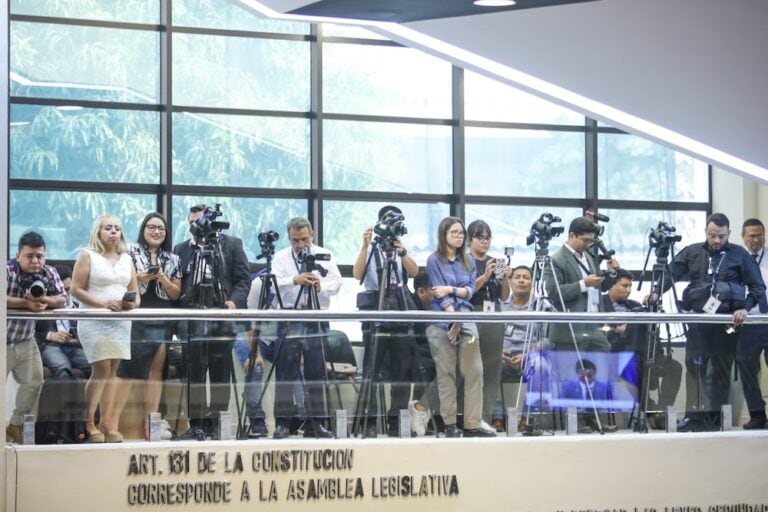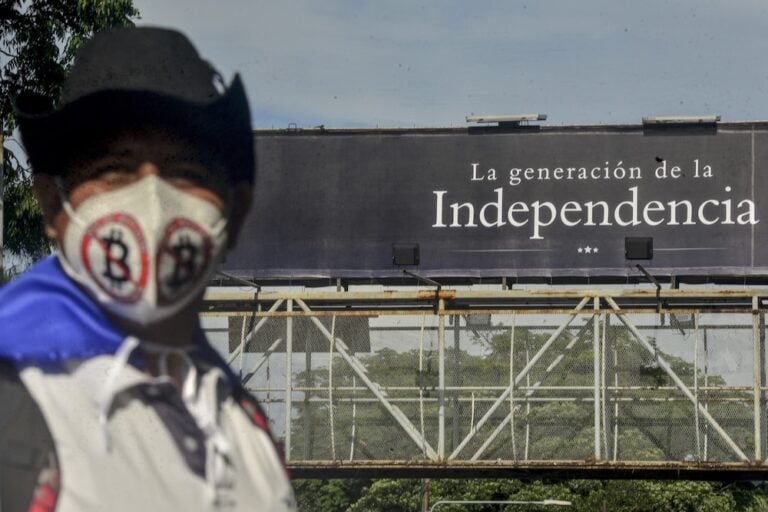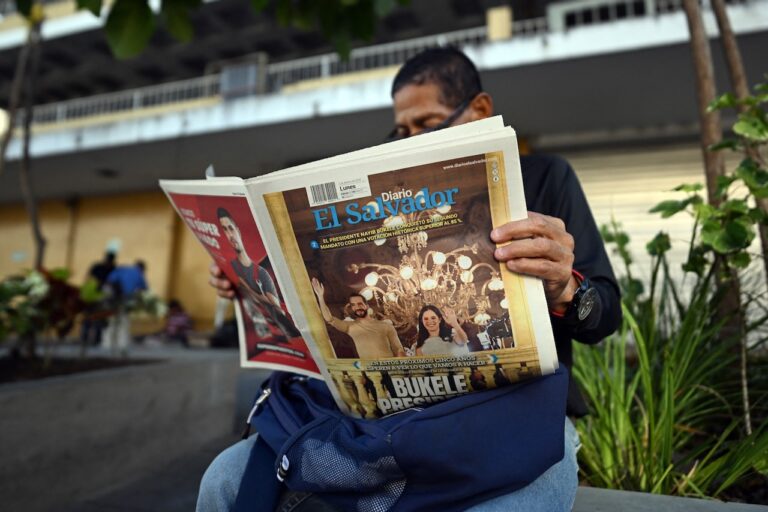(PFC/IFEX) – In late April 2003, businessman Jorge Zedán, owner of 25% of the TV Doce station’s shares, accused President Francisco Flores of having forced the cancellation of the TV Doce political commentary programme “Sin Censura”. Flores allegedly exerted pressure via the Mexican government on the Mexican station Televisión Azteca, which owns the remaining 75% […]
(PFC/IFEX) – In late April 2003, businessman Jorge Zedán, owner of 25% of the TV Doce station’s shares, accused President Francisco Flores of having forced the cancellation of the TV Doce political commentary programme “Sin Censura”. Flores allegedly exerted pressure via the Mexican government on the Mexican station Televisión Azteca, which owns the remaining 75% of TV Doce shares, to cancel the programme. The president has also been accused of interfering in the operation of other media outlets. In response to these accusations, on 8 May, PROBIDAD, the organisation that administers PFC, asked the Legislative Assembly to investigate Flores’s actions and the allocation of his party’s advertising budget.
The “Sin Censura” programme was noted for the sharpness of its criticism on matters of national interest. On 24 March, the last day on which the programme was broadcast, journalist Mauricio Funes said the decision to cancel “Sin Censura” could be traced back to “people who use their power to try and influence our news programming.” Zedán subsequently alleged that “the Flores government pressured Vicente Fox’s government [to cancel the programme] because the station was causing them to lose votes.”
TV Doce has previously been the target of insults by President Flores and has suffered cuts in government advertising, as well as advertising by important business groups that are close to the government. Its access to information has been restricted (for example, during a visit by the United States president to El Salvador in March 2002), and government officials and other media outlets have waged a campaign to discredit the station. The station has been consistenly critical of President Flores. It began to face reprisals for its reporting in 2001, following a series of earthquakes in El Salvador. TV Doce was one of the few media outlets to report on complaints about irregularities in the reception, distribution and delivery of humanitarian assistance following the earthquakes.
In May 2001, Zedán told a local media outlet that the station had suffered losses of between US$220,000 and 350,000. “The Cristiani and Calderón Sol governments had never issued an order to suspend government advertising. [President Flores’s] government has issued such orders and has prohibited government officials from being interviewed by the Canal 12 station,” Zedán explained. At the time, representatives of Televisión Azteca were in El Salvador to see how the station could overcome the economic crisis it was facing. One of the options considered was to fire all station employees and broadcast only foreign-produced programmes.
In its letter, PROBIDAD also asked the Legislative Assembly to legislate the allocation of government advertising. The organisation provided the assembly with a number of recommendations on drafting such legislation.
For PROBIDAD’s letter to the Legislative Assembly and additional information on the case, see:
http://www.probidad-sv.org/libexp/casos/2003/003.html


